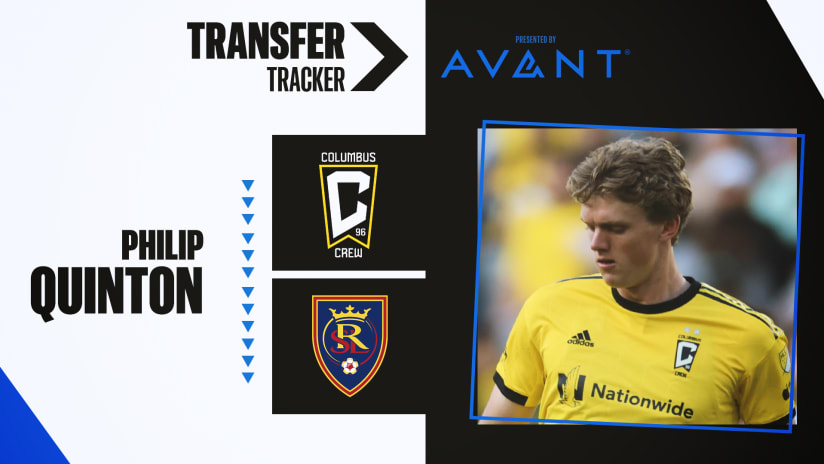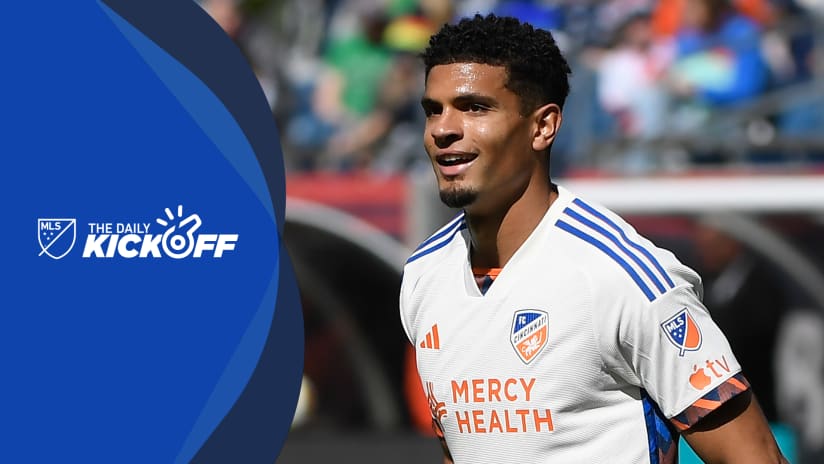At the end of a long and ultimately disappointing campaign, it's easy to fall into hand-wringing and recriminations, and maybe a little harder to step back and really think about the underlying reasons why things went so wrong. No, I'm not talking about the Democratic Party, I'm talking about a 2004 Fire season that went from heartbreak to hope and back to heartbreak in the space of about three minutes in the season finale against New England a few weeks back.
Our number, to that end, is 26, which is the number of different starting lineups fielded by Head Coach Dave Sarachan over the course of 30 regular season games. Whether this was due to injuries, national team appearances or poor performances is immaterial, because this is only half of the equation. Lots of teams have this problem. Kansas City, who will be playing in MLS Cup 2004 this weekend, was right behind the Men in Red with 25 different starting lineups. Columbus, who - and I'm having a hard time writing this - won the Supporters' Shield this season, was right behind the Wizards with 24.
So the lineup changes on their own weren't the problem. What, then?
Upon further investigation, the answer is fairly obvious. The Fire ended the season as the second-youngest team in the league, while the Wizards are the oldest, and the only team whose average age is over 27 years. Although I think it's around 17 if you take Preki out of the equation.
This, too, isn't necessarily bad on it's own, but the combined effect of inconsistency and inexperience was devastating. And in a lot of ways, it was the root cause behind a lot of the symptoms seen on the field during the season. I'm drawing a lot of comparisons with the Wizards, in part because everything sort of clicked into place during the Lamar Hunt U.S. Open Cup final down at Arrowhead Stadium. That match had Nate Jaqua playing on the right side of the midfield in front of Evan Whitfield, and the two players looked almost completely out of sync. I checked the lineups for the 2004 season, and while Jaqua and Whitfield had played together as midfielder and defender three months prior, Nate had also put in time in front of CJ Brown, Denny Clanton and Kelly Gray before playing forward in 9 of the 10 matches leading up to that Open Cup showdown.
I'm singling out Nate Jaqua, but to be fair, I think he's a very solid player with a bright future ahead of him. I definitely would like to see him still wearing Fire red after next week's expansion draft. What I'm getting at is that a second-year forward playing nominally out of position in the midfield for the first time in a month and a half and partnering on the wing with a defender he hasn't worked with directly in three months opens a big can of worms, and is a prime example of how certain factors can exacerbate others.
At the end of the day, it comes down to knowing instinctively where your teammates are going to be. Offensively, this means you can make a pass or put a ball into space more quickly, without having to think about it too much. Defensively, it's about knowing where your support is so you can defend more aggressively. Looking at some of the more disappointing losses of the 2004 season, these are both areas where the Fire came up short. Playing the ball out of the back, it often seemed like the Men in Red either took too many touches while assessing their options, which allowed passes to get easily cut off in the midfield, or they banged the ball into space in the hopes somebody would get to it first. Going the other way, there wasn't always a lot of pressure twenty-five or thirty yards out from goal, which makes sense if you don't know how quickly somebody can slot in behind you if you don't make the tackle.
The good news is that this isn't a difficult problem to address. The bad news is that it takes time, and the Fire's time ultimately ran out this past season. I brought up the Open Cup Final specifically because, in the game immediately following it, Whitfield and Jaqua were linking up early and often to much greater effect. There's always going to be a learning curve between any combination of players, and if you're trying to link up with somebody different every game, it's that much harder - especially with all the first- and second-year players in and out of the starting lineup. Some of these guys are still trying to figure out where to make effective runs in the pro game, and if they still aren't quite sure where they want to go, you can be pretty sure no one else is, either.
If we, as fans, have faith that the young guns can speed up their game and improve their instincts as they gain experience, then it's really easy to be optimistic about the future. I think some of the signs were there during the season. At the same time, the veteran influence is crucial. The five players with the most professional experience for the Fire only played in 60% of available matches, and that clearly wasn't enough. Whether that's addressed through simply staying healthy or by bringing in newer older guys who see the game more quickly and more naturally, it clearly needs to be addressed.
I've maintained all along that this year's squad was a talented enough group to succeed, and while the fact that they didn't tempers that somewhat, there's still a strong enough core of players to turn things around next year. Trying to control for the combined effects of inconsistency and inexperience is one way to help make that happen.










